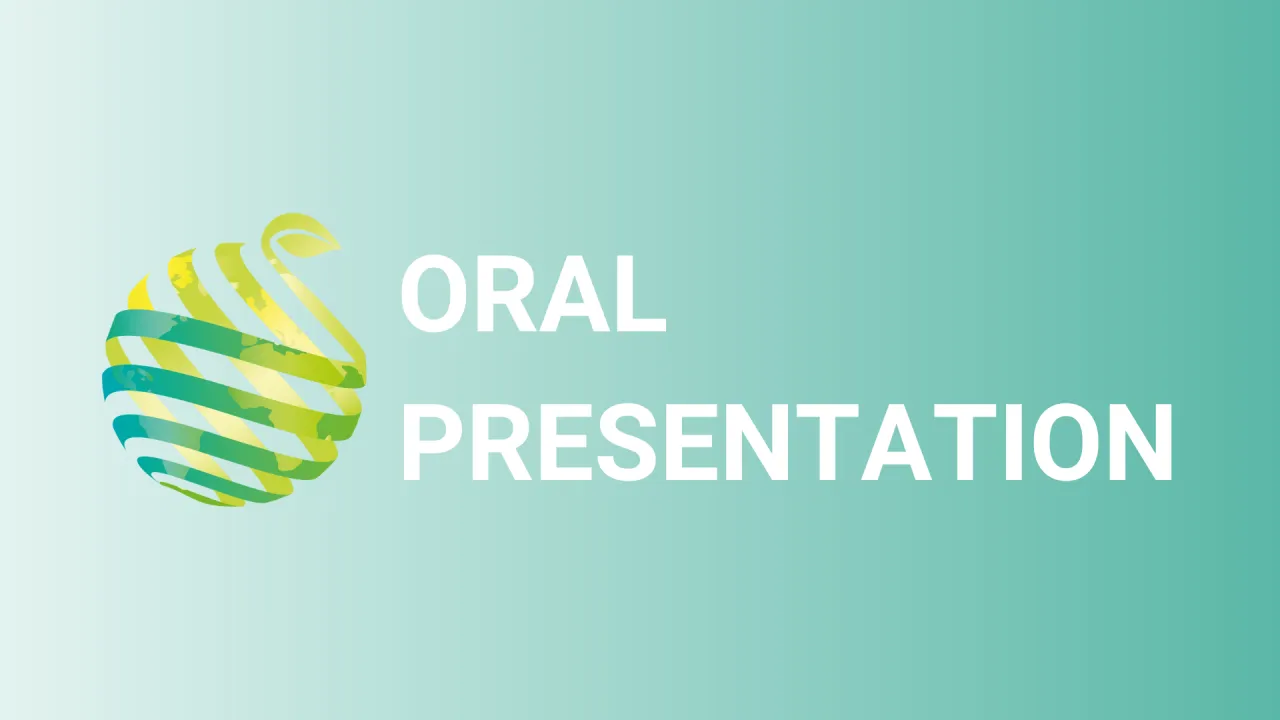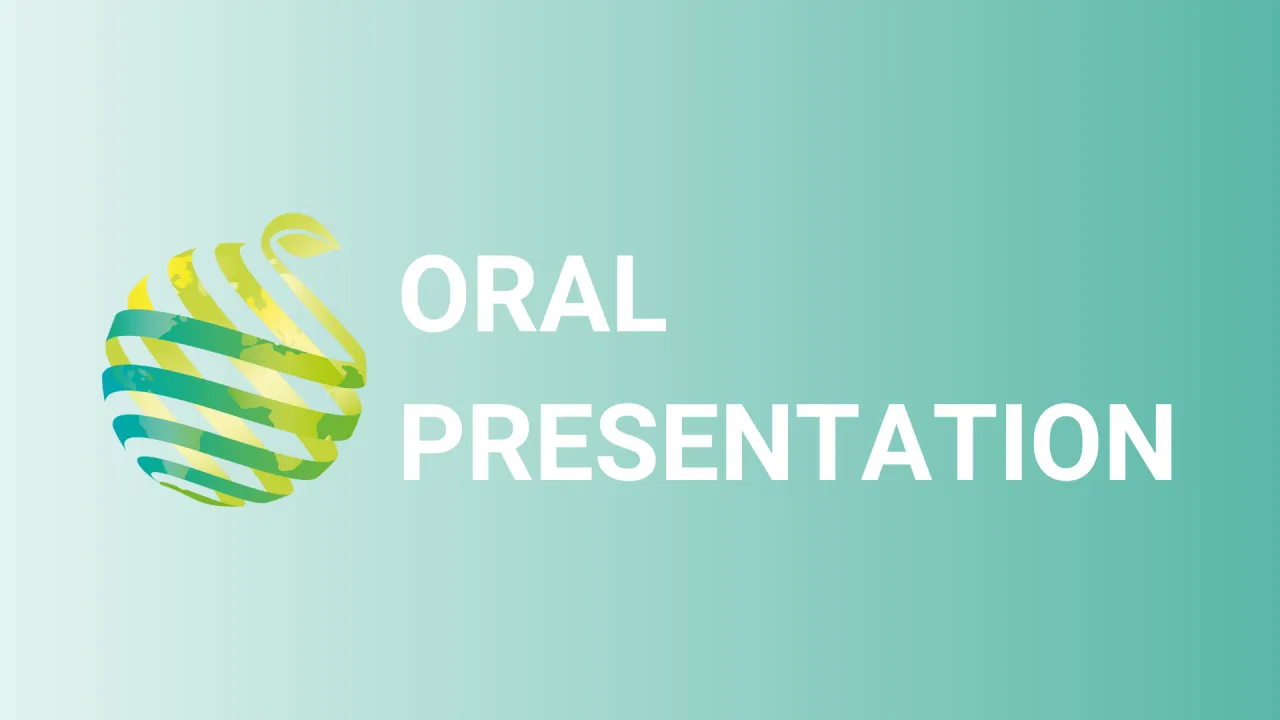

S19 - Session O6 - The LIGHT CASCADE® sunlight photoconversion greenhouse films increase berries production and provide a better resistance towards biotic and abiotic stresses in Mediterranean countries
Information
Authors: Frederic Peilleron, Severine Lemarie *, Kristof Proost, Anne Sophie Quellec, Magdalena Torres, Simon Cordier, Gildas Guignard
Natural sunlight optimization is a natural and environmentally friendly strategy to improve greenhouse cultivated crops productions. Recent insights highlighted many benefits of light spectrum modulation on marketable yields and fruits quality but also on plants resistance to biotic and abiotic stresses. Since 2012, the French company CASCADE optimized the 'LIGHT CASCADE®' (LC®) technology to adapt sunlight spectrums to different greenhouse cultivated crops. Once incorporated into plastic films, the technology absorbs UV and Green wavelengths and reemits respectively into Blue (400-500nm) and Red (600-700nm) wavelengths. This study aimed at evaluating the effects of LC® greenhouse films on the production of Mediterranean raspberries and strawberries from 2018 to 2021. The trials have been performed at the ADESVA experimental farm in Huelva (Spain) under classic and reduced fertigation systems. Fruits production precocity, cumulative marketable yield and fruits sugar content have been measured. Main results showed under classic fertigation early raspberries marketable yields increased from +13% to +15,7% and the final marketable yield from +13% to +14,5% under the LC® films in comparison to the reference film. Soluble sugars quantification performed on fruits harvested at the beginning of the production highlighted an increase of +0.5 °Brix. Under reduced fertigation, strawberries final marketable yield has been increased by +9%. Plants pests and diseases have also been quantified during the trials when it occured. The number of aphids ( Aphis gossypii ) on raspberries was lowered by -39% and by -62% under LC® films in 2020 and 2021 respectively. On strawberries, the number of thrips ( Frankliniella occidentalis ) per plant was reduced by -12% and the percentage of infected plants by powdery mildew ( Sphaerotheca macularis ) by -18%. These results provide new insights on sunlight spectrum modulation effects on berry crops' yields, fruit quality and on resistance to biotic and abiotic stresses.